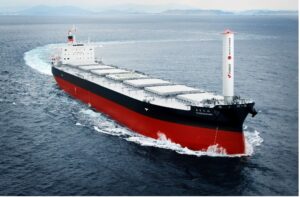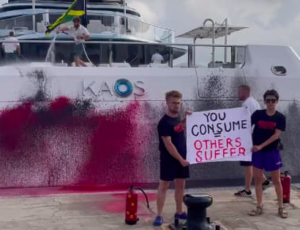Pilots’ errors cited in blocking of Suez Canal
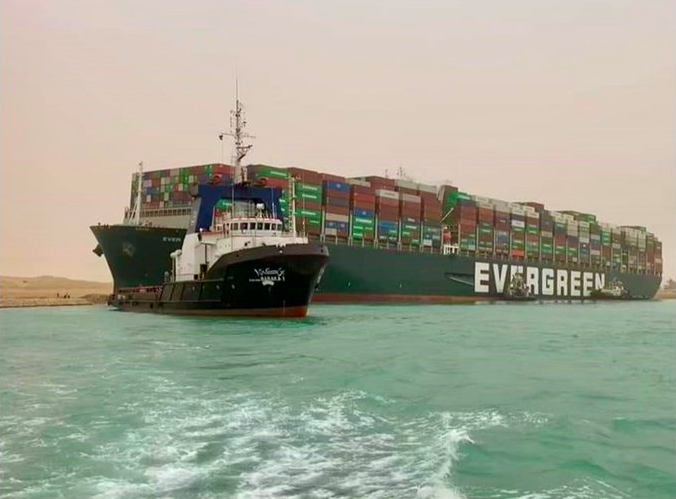 Ever Given blocks Suez Canal
Ever Given blocks Suez Canal
A report has been submitted (to the International Maritime Organisation) on the grounding of Ever Given (March 2021), the container ship which blocked the Suez Canal and caused international delays in the movement of goods. In just six days, the queue rose to over 400 ships waiting for transit.
Ruling out fatigue and alcohol as root causes of the incident, the Panama Maritime Authority‘s report (see below) puts the accident down to meteorological conditions and human factors citing loss of manoeuvrability of the ship.
The situation was exacerbated by the pilots giving a ‘hard helm’ order, instead of a course to steer, the pilots communicating in Arabic on the bridge (although pilots orders were given in English language, the discussion between them was always in Arabic) and the master’s intervention in the orders being ineffective in preventing the grounding.
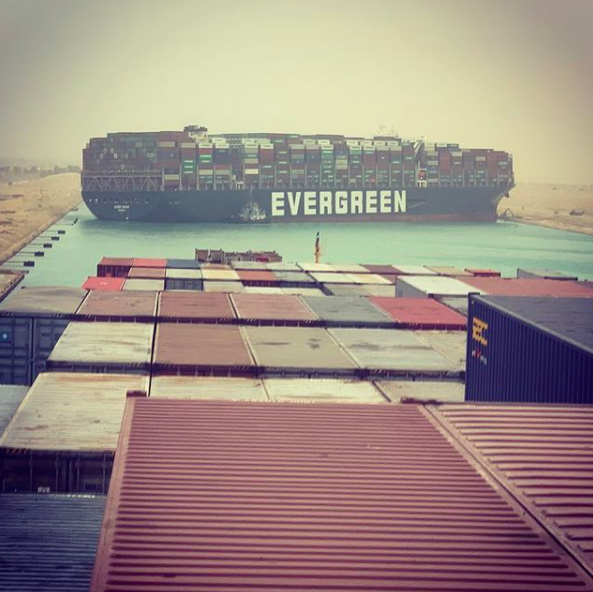
The list of nine navigation decisions taken by the pilots that contributed to the grounding include the facts that they didn’t request help from tugs (given the bad weather conditions this appears to have been expected), the vessel was moving too speedily (faster than recommended within Suez Canal procedures), the pilots didn’t give course orders (using, for example, hard port), they did not conduct any kind of verification/assessment of ship’s position – possibly because they were confident that the ship was outside any hazardous areas. The list continues in the report below.
Although the report sets out the errors made by the pilots, it points out that: “The pilot’s role is that of an advisor. He should give essential advice about the manoeuvring of the vessel and place his experience and practical knowledge of the canal at the master[‘s] disposal. He should give only direct orders if the master decides as such.”
The report then goes on to highlight: “The master and bridge team remain responsible for the handling of the vessel, with the master giving orders to the helm and the engines. If the master allows the pilot to give orders directly (this was the case on M/V Ever Given), these orders are still considered as [being] carried out under the master’s sole responsibility.
“As per Suez Canal rules, although pilotage is compulsory, the master always retains responsibility.”
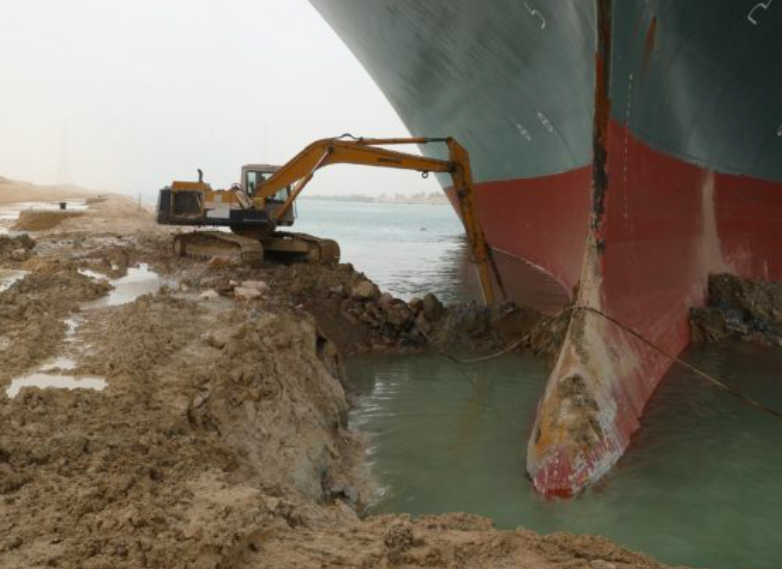
The report makes a series of recommendations. While it notes that there will always be risks for vessel grounding while transiting canals, it says further crew training is needed prior to any transit, clear communication lines should be established during transit and the pilots actions should be continually evaluated.
Furthermore, due to the trend to build larger vessels, the authors call for mandatory training of Suez canal’s pilots with respect to manoeuvring (within the canal) of large size vessels, as well as with the effect of wind especially on containers vessels. It says the working language of the Suez Canal pilots should be wholly in English, the bollard pulls of the tugboats available in the canal for salvage operation be appropriate according to the size of the vessel (especially for large ships) and more.



